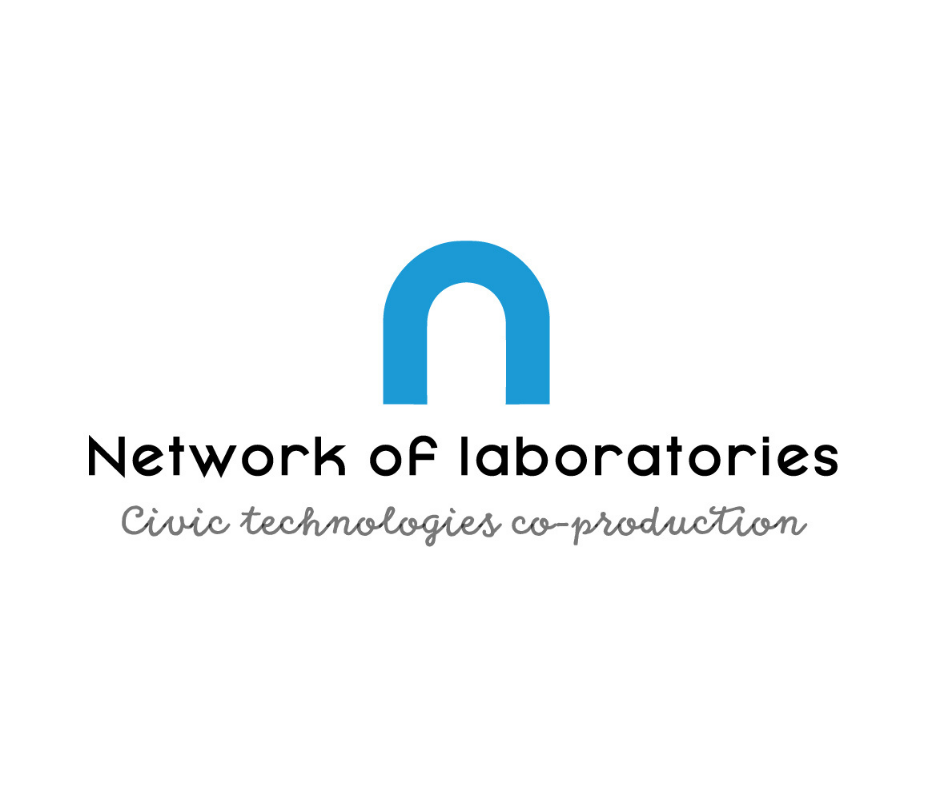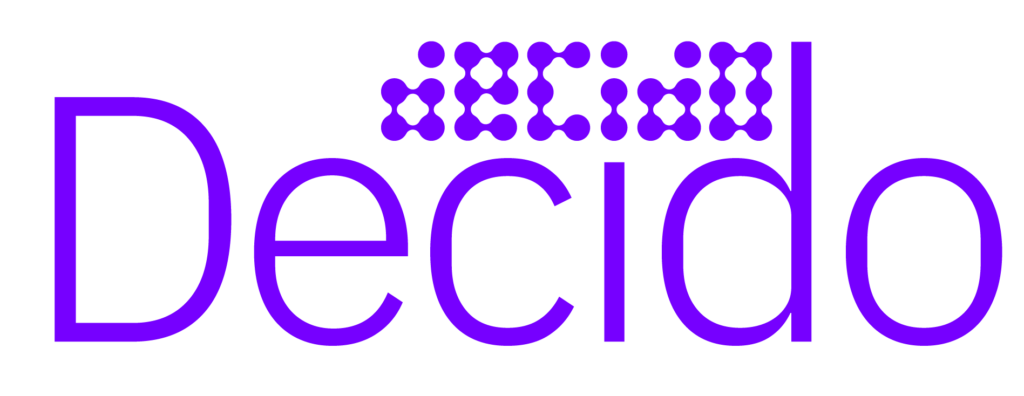NLAB4CIT is part of a community of similar projects, all discovering disruptive technologies in public services. Together, we find project synergies and facilitate mutual learning and knowledge sharing.
IMPULSE “Identity Management in PUbLic Services” will conduct a user-centric and multidisciplinary impact analysis on the integration Blockchain and Artificial Intelligence (AI) on eID in public services, evaluating benefits but also risks, costs and limitations, considering socio-economic, legal, ethical and operational impacts, together with framework conditions (like GDPR and eIDAS regulations, existing eID systems, and standards).
IMPULSE will use a demand-driven co-creation process as the guide, including pilot-oriented operational experimentation and involving Digital Innovation Hubs (DIHs). A set of 6 representative and innovative case studies in Denmark, Spain, Bulgaria, Iceland and Italy, led by a public service partner, will provide a variety of cultural, operational, legal, procedural and social contexts for research.
ETAPAS “Ethical Technology Adoption in Public Administration Services” seeks to improve public service delivery for citizens by facilitating the ethical adoption of Disruptive Technologies (DTs) in compliance with European and national strategies and guidelines.
The 14 partners, lead by the Italian Ministry of Economy and Finance, are achieving three fundamental objectives working in this direction:
- Define a conceptual Responsible Disruptive Technologies framework to assess and manage the ethical risks of DT-based applications in the public sector and their potential social and legal impacts.
- Design and develop a software prototype that enables ethical assessment of DTs in the public sector on the basis of the conceptual framework.
- Validate the relevance and applicability of the whole framework, the indicators and relevant metrics to public administration processes via application to four real-life Use Cases.
Launched in January 2020, TOKEN “Transformative impact of distributed technologies in public services” is an EU-funded project whose ultimate goal is to develop an experimental ecosystem to enable the adoption of Distributed Ledger Technologies and to prove its value, via highly replicable Use Cases, as driver for the transformation of public services.
Decentralised Ledger Technologies have the potential to allow public service to: improve effectiveness; reduce friction between agencies; reduce bureaucratic barriers; boost public engagement; enhance digital democracy and transparency; improve knowledge sharing; and foster automation. TOKEN aims to provide a range of decentralised agnostic technological components enabling public agencies to pilot the adoption of Distributed Ledger Technologies towards more open, transparent, trusted and efficient public services.

Contact:
Project coordinator
Antonio Filograna
antonio.filograna@eng.it
https://www.decido-project.eu/
DECIDO “eviDEnce and Cloud for more InformeD and effective pOlicies” is a three-year EU-funded project that aims to boost the use of EOSC (European Open Science Cloud) by Public Authorities enabling innovation in the policy making sector, removing European fragmentation, allowing cross-support and cross-collaboration and the use of secure compute – and data – intensive services. Decido will serve as an intermediary between the public sector, the citizen science world and the European Cloud Infrastructure (ECI) through the direct collaboration with EOSC and will provide storage capacity and processing power through ECI infrastructure.
HECAT “Disruptive Technologies Supporting Labour market Decision Making” is a research consortium with 9 partners carefully brought together to achieve the mammoth task of developing an ethical algorithmic based platform to assist Public Employment Services (PES) and Unemployed people in making informed, transparent and integrated decisions.
Specifically HECAT aims to investigate, demonstrate and pilot a disruptive technology to support labour market decision-making by unemployed citizens and those seeking to help them. The research aims to use sociologically and anthropological insight into unemployment and the labour market to guide technical developers of the back-end algorithms and front-end user interface with the objective of creating an ethical and equal platform. Consortium partners are drawn from Arts, Humanities and Social Science and Science, Technology, Engineering, and Mathematics disciplines, academics, non-Governmental Organisations and PES.

Contact
Project manager
Dr Panagiotis Kokkinakos
pkokkinakos@epu.ntua.gr
Dissemination leader
Dr Alexander Mykroyannidis
alexander.mykroyannidis@open.ac.uk
QualiChain “Decentralised Qualifications’ Verification and Management for Learner Empowerment, Education Reengineering and Public Sector Transformation” targets the creation, piloting and evaluation of a decentralised platform for storing, sharing and verifying education and employment qualifications and focuses on the assessment of the potential of blockchain technology, algorithmic techniques and computational intelligence for disrupting the domain of public education, as well as its interfaces with private education, the labour market, public sector administrative procedures and the wider socio-economic developments.The project focuses more specifically on the assessment of the implications (technical, political, socio-economic, legal and cultural) as well as the impact – in terms of benefits and risks – of the prescribed solution’s utilisation, whose disruptive potential lies both in the exploitation of the innovative features of the aforementioned individual technologies, as well as in their unique combination in a new territory for the provision of a set of baseline services (Awards’/ Qualifications’ Archiving; Awards’/ Qualifications’ Verification; Qualifications’ Portfolio Management) and a number of value-adding services (Career Counselling and Intelligent Profiling and Competency Management including Recruitment; Competencies’ Evaluation and Development; Consulting and Decision Support).










